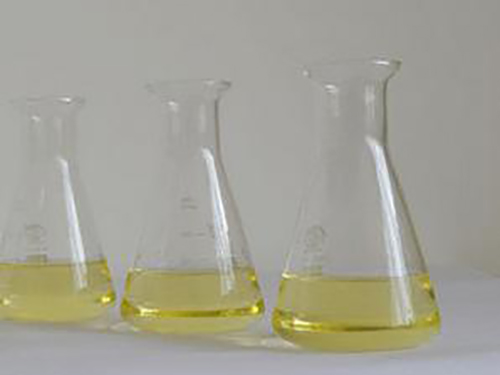polycarboxylic acid uses
Polycarboxylic acids are a group of organic compounds that contain multiple carboxyl functional groups (-COOH). These compounds play a significant role in various industries due to their unique chemical properties and versatility. From the production of polymers to the formulation of detergents, polycarboxylic acids are utilized in numerous applications that contribute to advancements in technology, manufacturing, and consumer products. This article explores some of the key uses of polycarboxylic acids and their impact on various sectors.
One of the primary uses of polycarboxylic acids is in the production of polymers. For instance, they are essential in the synthesis of polyacrylic acids and other acrylic-derived materials, which are widely used in adhesives, coatings, and paints. These polymers exhibit desirable properties such as flexibility, durability, and resistance to chemicals, making them suitable for diverse applications ranging from construction to automotive manufacturing. The incorporation of polycarboxylic acids into these materials enhances their performance and longevity.
.
Furthermore, polycarboxylic acids are widely utilized in the food industry as food additives. Citric acid, one of the most common polycarboxylic acids, acts as a natural preservative and flavor enhancer. Its sour taste is often used to balance sweetness in various food products, such as candies and beverages. Additionally, it helps to prevent spoilage by lowering the pH, making the environment less favorable for harmful microorganisms. Other polycarboxylic acids, such as malic acid and tartaric acid, are also employed in food processing for similar reasons, contributing to food safety and quality.
polycarboxylic acid uses

Another significant application of polycarboxylic acids is in the pharmaceutical industry. Many medicines are formulated using these compounds due to their ability to enhance drug solubility and bioavailability. The incorporation of polycarboxylic acids in drug formulations can improve therapeutic efficacy, enabling better absorption in the body. Additionally, they can serve as excipients, aiding in the stability and delivery of active pharmaceutical ingredients.
The agricultural sector also benefits from polycarboxylic acids, particularly in the formulation of fertilizers and soil conditioners. By facilitating nutrient uptake and enhancing soil structure, these acids contribute to improved crop yields. Their ability to chelate metal ions can also help in preventing nutrient deficiencies in plants, thereby supporting sustainable agricultural practices.
In conclusion, polycarboxylic acids are indispensable in a wide array of applications across various industries. From enhancing the performance of polymers to serving as vital additives in food and pharmaceuticals, their versatile properties make them extremely valuable. As industries continue to evolve and adapt to new challenges, the importance of polycarboxylic acids will likely grow, paving the way for innovative solutions that improve quality of life and promote sustainability.
-
The Ultimate Guide to Flocculants: Transforming Water TreatmentNewsNov.01,2024
-
Improve Your Water Treatment Solutions with PolyacrylamideNewsNov.01,2024
-
Enhance Your Water TreatmentNewsNov.01,2024
-
Empower You to Achieve the Highest Standards of Water QualityNewsNov.01,2024
-
Effective Scale InhibitorsNewsNov.01,2024
-
Discover the Power of Poly Aluminum Chloride in Water TreatmentNewsNov.01,2024





